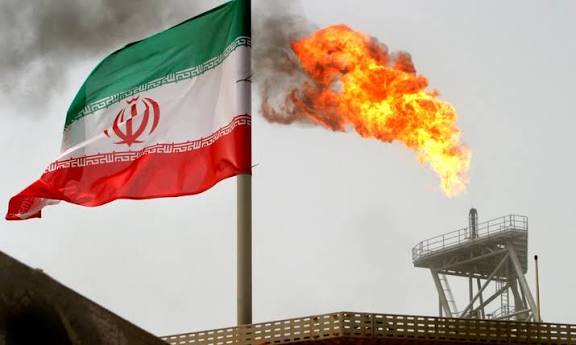The United States diplomatic mission in Nigeria has warned that individuals who overstay their visas may face a permanent ban.
In a post on X (formerly Twitter) on Monday, the mission stated that consular officers have full access to applicants’ immigration history and can detect past violations, which could impact future visa applications.
“If you overstay your U.S. visa, you could face a permanent ban on traveling to the United States. Consular officers have full access to your immigration history and will know about past violations. There is no such thing as an ‘honest mistake’ – it is your responsibility to use your visa correctly”, the statement said.
The U.S. Department of State acknowledges that many travelers find the difference between a visa’s expiration date and the authorized length of stay confusing. It emphasized that these terms are distinct and should be clearly understood to prevent misinterpretation.
“The visa expiration date is shown on the visa along with the visa issuance date. The time between visa issuance and expiration date is called your visa validity. The visa validity is the length of time you are permitted to travel to a port-of-entry in the United States,” it said.
A U.S. visa, stamped in a passport, allows an individual to apply for entry into the United States but does not guarantee admission. It signifies a consular officer’s assessment that the traveler is eligible to seek entry at a designated port, whether an airport, seaport, or land border crossing.
At these entry points, immigration officers of the Department of Homeland Security have sole discretion to permit entry and determine the length of the visit as part of the admission process. Only these officials can legally authorise an individual to enter the country.
The expiration date on a U.S. visa, along with the issuance date, indicates the visa’s validity period—the time frame during which the holder can travel to a U.S. port of entry. Depending on nationality, visas may be issued for single or multiple entries.










